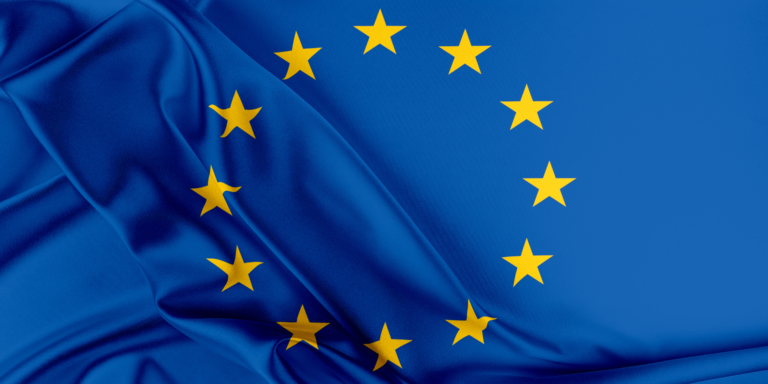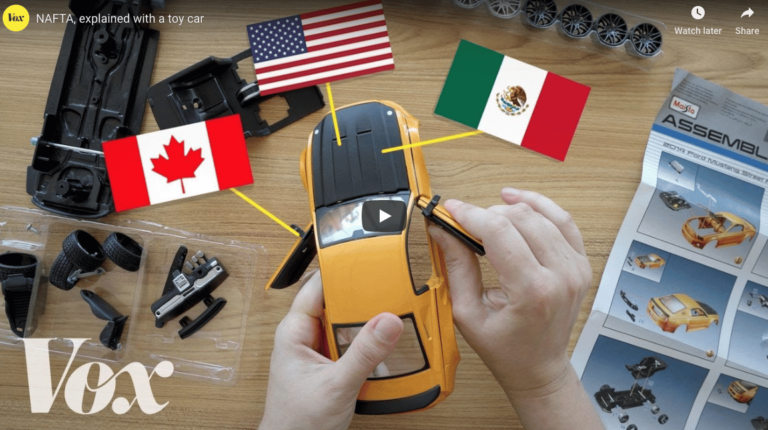From Conflicts to Diamonds: A Valentine’s Day Edition of Tech and Trade Affairs
Love and technology collide in this Valentine’s Day edition of our newsletter! As we celebrate the season of romance, it seems even policymakers are eager to secure their tech heart. In a quirky twist, lawmakers are pleading for ByteDance, the parent company of TikTok, to be included in the export control list. They raise concerns about national security risks and ByteDance’s access to American software. Will this love story end with a ban or a compromise? Only time will tell. In another tale of love and conflict, the Office of Foreign Assets Control (OFAC) takes a stand to prohibit the importation of Russian-origin diamonds. Their commitment to ensuring a conflict-free love is expressed through phased restrictions on the importation of Russian diamonds. Lastly, love defies expectations as U.S. imports see a surprising growth. Despite a dim outlook, containerized imports experienced significant month-over-month growth, fueled by the rush to import Chinese goods before the Lunar New Year. Love truly knows no bounds, even in the import market!
Securing Our Tech Heart: Lawmakers Plead for ByteDance’s Inclusion in Export Control List as Valentine’s Day Spotlight Shines on National Security Risks
According to this article , a group of 15 lawmakers is urging the Commerce Department to place ByteDance, the China-based parent company of TikTok, on an export control list. Led by Republican Representative Dan Crenshaw and Democrat Josh Gottheimer, the lawmakers highlight concerns about ByteDance’s access to American software and its potential to exploit critical vulnerabilities. Although previous attempts to ban TikTok or grant the Biden administration new powers have stalled in Congress, this new push reflects ongoing security concerns regarding the Chinese government’s access to data on millions of U.S. users. While the Commerce Department has yet to comment on the lawmakers’ request, it is worth noting that efforts to address TikTok’s risks have been discussed since 2020, with actions taken by the U.S. Treasury-led Committee on Foreign Investment. However, the article suggests that banning TikTok in the near future may be unlikely due to political considerations, including the popularity of the app among young voters. Nevertheless, the push for stricter controls on ByteDance signifies the ongoing debate around national security risks posed by foreign-based technologies.
Read full article here
Ensuring a Conflict-Free Love: OFAC Takes a Stand to Prohibit Importation of Russian-Origin Diamonds
According to this article on Thompson Hine’s MarTrade website, the Office of Foreign Assets Control (OFAC) has issued determinations to prohibit the importation of Russian-origin diamonds into the United States. The prohibitions, based on the December 2023 G7 commitments, aim to restrict the importation of diamonds mined or extracted in Russia. Effective March 1, 2024, the importation of non-industrial diamonds of Russian origin, weighing 1.0 carat or greater, will be banned. This prohibition will expand on September 1, 2024, to include non-industrial diamonds with a weight of 0.5 carats or greater. Additionally, starting from March 1, 2024, the importation of diamond jewelry and unsorted diamonds from Russia will be prohibited. OFAC intends to issue further public guidance on these determinations. These measures signify the United States’ commitment to implementing phased restrictions on the importation of diamonds from Russia, as part of ongoing efforts to address national security concerns and international commitments.
Read full article here
Love Transcends Expectations: Unforeseen Growth in U.S. Imports Defies Odds
The article highlights an unexpected growth in U.S. imports in January, defying a previously gloomy outlook. Despite concerns, containerized imports surged by 7.9% compared to December and 9.9% year over year, registering the highest month-over-month growth for January since 2017. This surge was driven by the rush to import goods from China ahead of the Lunar New Year holiday. While West Coast ports were anticipated to benefit the most, East Coast ports such as the Port of New York and New Jersey also experienced growth. However, some ports along the East and Gulf coasts saw sluggish activity. These findings shed light on the influence of seasonal trends and port conditions on import volumes, revealing the resilience of the U.S. import market.
Read full article here

International Logistics
If you’ve ever considered expanding your expertise in the dynamic field of logistics and supply chain management, now is the perfect time to take the plunge. Sign up now for an upcoming course:








